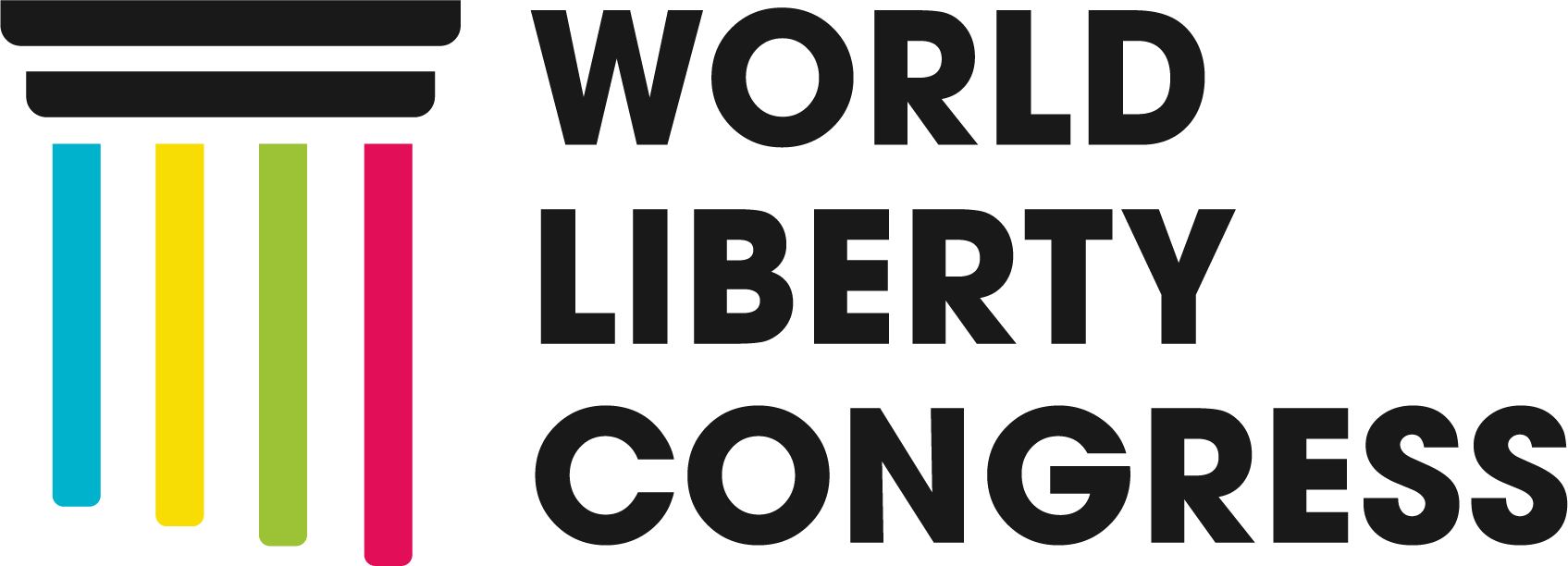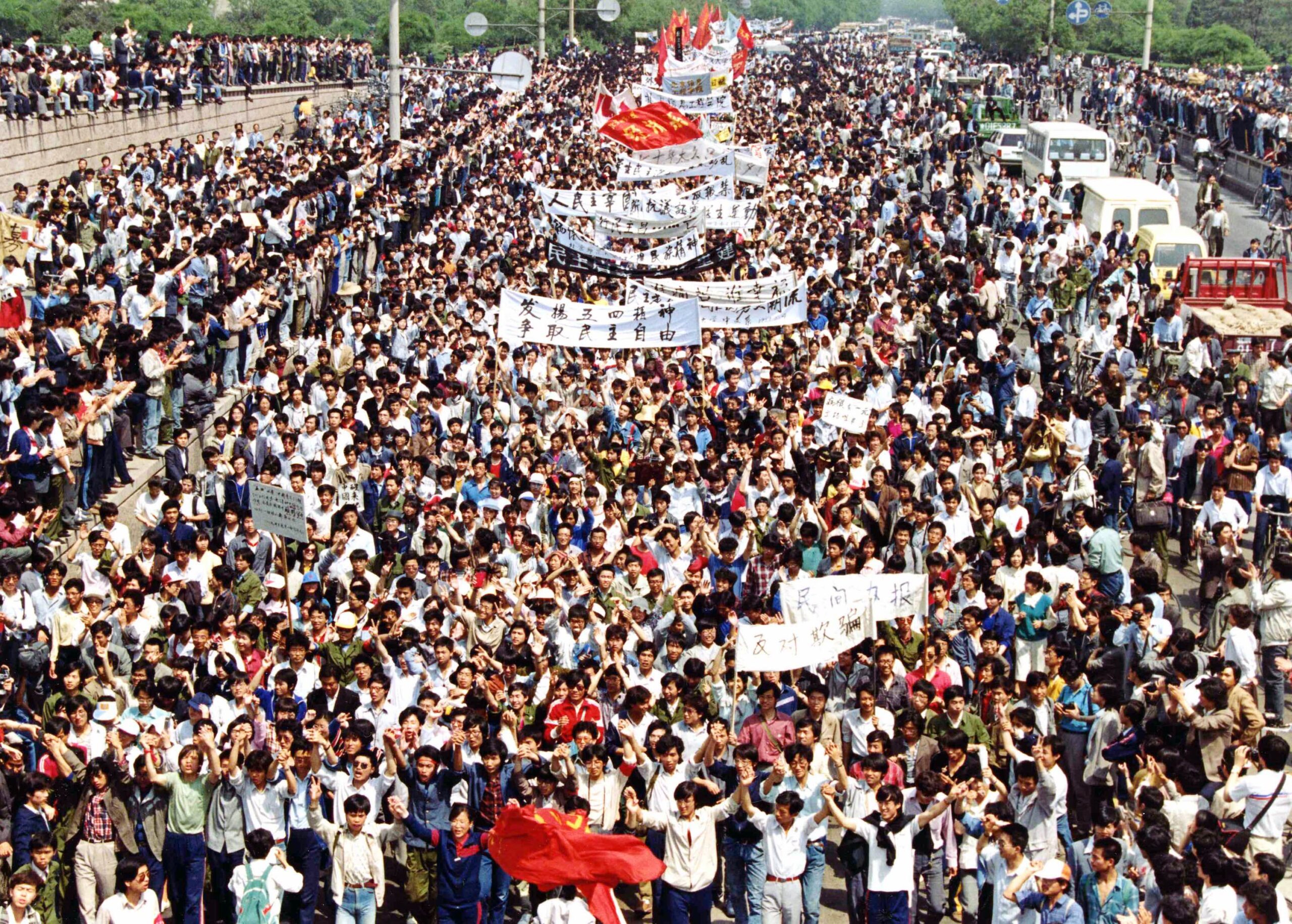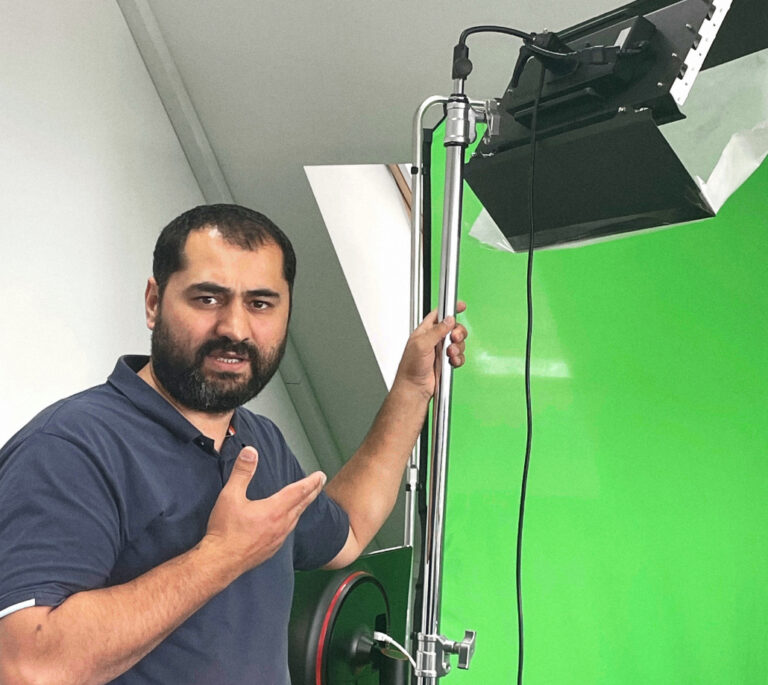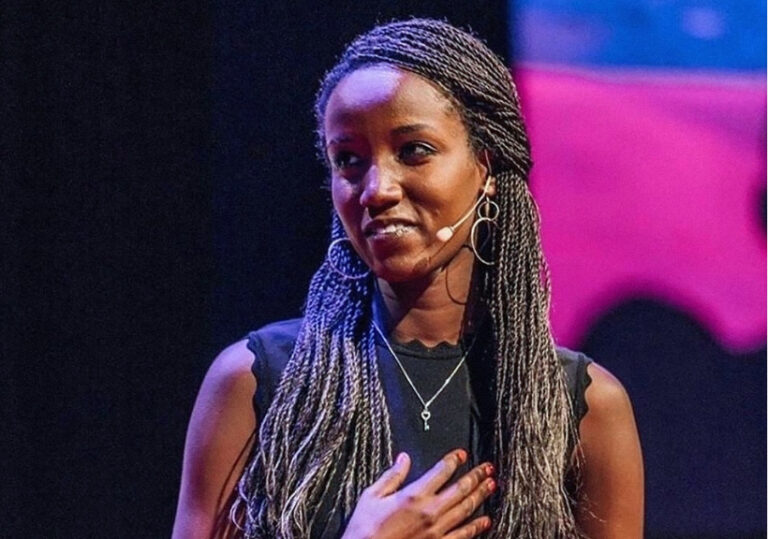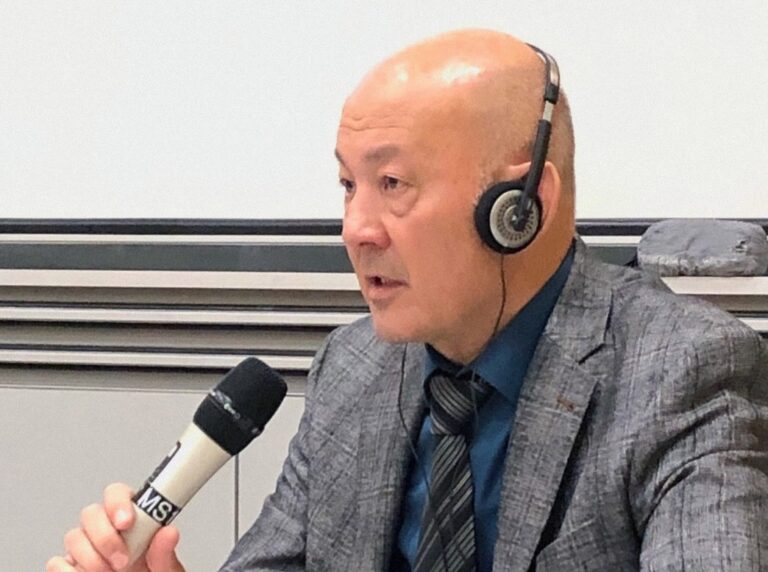By Félix Maradiaga (elected WLC Leadership Council member)
Every June, the Chinese Communist Party (CCP) enters a state of heightened vigilance. This month marks the anniversary of the 1989 Tiananmen Square massacre, an event the regime is determined to erase from collective memory. Just last week in Hong Kong, police arrested seven people for social media posts referencing the events between April 15 and June 4, 1989. The censorship is so intense that few young people in China today know about the massacre unless they’ve accessed underground accounts.
Until a few years ago, Hong Kong served as a sanctuary of historical memory within China, where the Tiananmen massacre could be openly commemorated, and the iconic “Tank Man” could be honored. This universal symbol of individual resistance against the oppressive power of the state has nearly been eradicated by the regime. On June 30, 2020, the CCP imposed a new national security law on Hong Kong, designed to completely subjugate the freedoms that once distinguished this region from the rest of the country. Much like the repressive laws in Russia, Cuba, Nicaragua, and North Korea, this legislation is deliberately vague and broadly interpreted, allowing any act the CCP deems a threat to be declared illegal. The law even has extraterritorial reach, potentially applying to anyone worldwide.
For the CCP, concealing the events of June 1989, when the army crushed pro-democracy protests in Beijing’s Tiananmen Square, is paramount. The extreme violence not only punished the demonstrators but also sent a clear message to future generations. Despite numerous trips to China and efforts to uncover the facts of 1989, I never managed to obtain a firsthand account from a protest participant until I met Yang Jianli.
Yang Jianli, an activist in Tiananmen in 1989, later came to the United States, where he completed two doctorates (a Ph.D. in Political Economy from Harvard University and a Ph.D. in Mathematics from the University of California, Berkeley). Yang arrived in the U.S. with the memories of the protests etched in his mind. In 2002, he returned to China on a borrowed passport, knowing that both he and his foundation—the Foundation for China in the 21st Century—were blacklisted by the regime. He was detained and imprisoned for five years and was finally allowed to return to the U.S. in 2007. My friendship with Yang has deepened my understanding of the massacre’s impact on those who experienced it.
In one of our early conversations, Yang, whom his friends call “Doc,” recounted that after weeks of failed negotiations, the Chinese government declared martial law on the night of June 3 and deployed troops to Tiananmen Square. The protests, sparked by the death of pro-reform General Secretary Hu Yaobang in April 1989, reflected growing discontent in a rapidly transforming China. The economic reforms of the 1980s had created a nascent market economy benefiting a few but harming many, and the one-party system faced serious legitimacy challenges. The students’ demands included the restoration of stable jobs, greater accountability, democracy, freedom of the press, and expression. Workers focused on inflation and the erosion of social welfare, joining in a common outcry against corruption and for social justice.
“History is written by the victors,” said George Orwell, and the CCP has proven to be a master of unscrupulous rewriting and even erasing historical memory. They aim not only to eliminate the memory of the Tiananmen massacre but also to stifle any resurgence of the spirit of resistance and demand for rights among new generations of Chinese.
In the words of Yang “Doc” Jianli himself: “Not remembering is to betray those who fought and died for an ideal of freedom and democracy.” As long as there are those who carry the flame of truth in their hearts, the Tiananmen massacre will not be forgotten.
